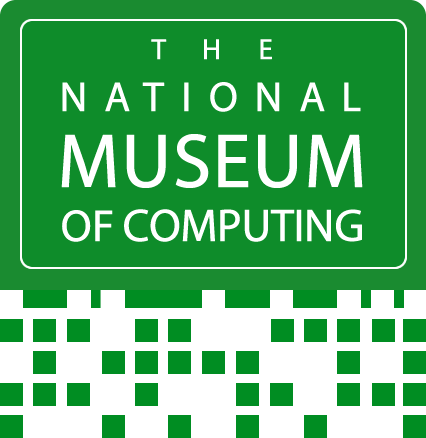Come to The National Museum of Computing and learn about thermionic valve technology!
If you have a basic knowledge of electronics and can read an electronic circuit diagram then we will show you how electronics started for its first 50 years. Find out about valve history, how to handle and test valves and how valves are used in Amplifiers, Radios and Computers.
You will also be given a guided tour of TNMoC's historic working valve computers Colossus, The WITCH & the EDSAC Rebuild Project.
We will also provide lunch and refreshments throughout the day.
A choice of THREE different valve project kits will also be available for purchase when booking the workshop or in the museum shop.
Valve Flip-Flop
Valve Guitar distortion Pedal Kit
Valve Ring Modulator
Book now for a chance to be part of this fantastic and exclusive event.
09:00 – Registration and Coffee
09:15 – Welcome, Timetable, Location of Facilities, Fire Precautions etc.
09:30 – Introduction to Thermionic Valves (Steve Kay) – Valve history – Basic Valve theory, types of valves
10:10 - Short break
10:20 – Introduction to Thermionic Valves continued (Steve Kay) – Valve coding systems – Health and Safety – Radioactive valves, poisonous materials, high voltages. – Simple multimeter valve tests – Introduction to valve testing and matching – Other technologies contemporary with valves: relays, CRTs, Dekatrons etc.
11:00 - Tea & Coffee
11:15 – Valve circuits in Audio (Charles Coultas) – Power Supplies – Audio amplifiers
11:45 – Valve circuits in Radio (John Pether)
12:30 – Lunch & Refreshments
13:00 – Visits to EDSAC, WITCH and HEC-1 valve computers
13:45 – Visit to Tunny and Colossus
14:30 - Valve circuits in Colossus (Phil Hayes)
15:15 – Tea & Coffee
15:30 - Valve circuits in EDSAC (Nigel Bennee)
16:15 – Wind up and Questions . (Plus Recruitment of Volunteers/Members)
17:00 - Finish
If for any reason you are no longer able to attend this event please note that attendees can receive refunds up to 7 days before the event start date.


